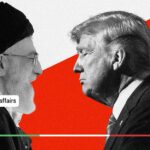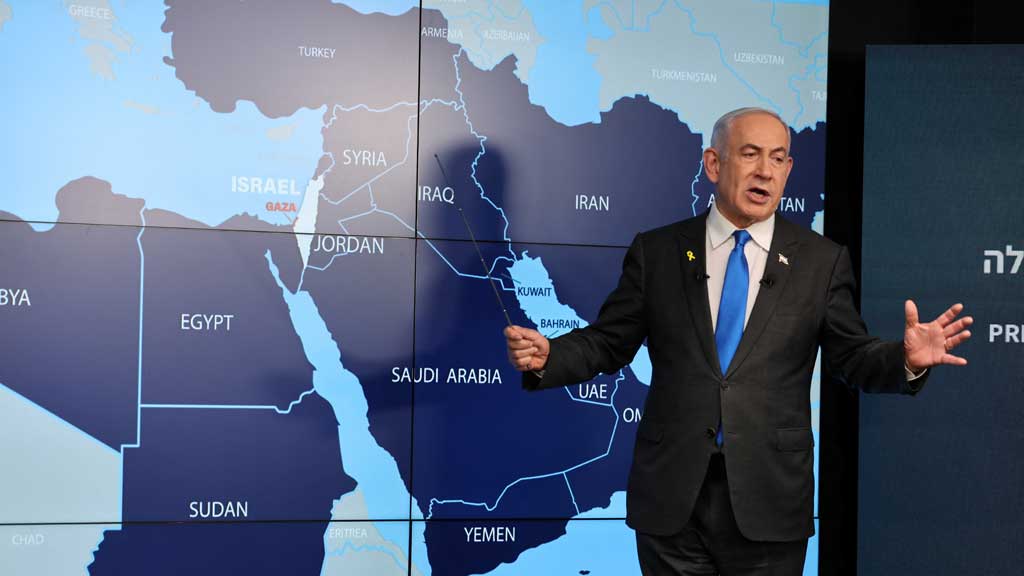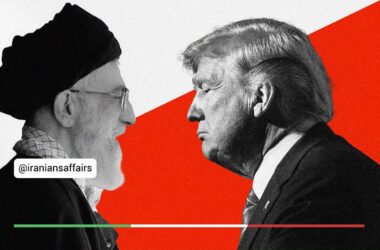In recent decades, the crises and problems of the Middle East have been managed and contained by global powers, in the absence of a regional power. However, it seems that the global order in this region is undergoing a transformation, and the emergence of a regional power or a regional alliance as a decisive force is on the horizon.
Understanding “regional power” is essential to grasping this “new order.” It is worth noting that after the collapse of the Soviet Union, the United States was the sole global power. Russia, after more than a decade of challenges, began to reclaim its power under Putin. However, even from the beginning of the first decade of this millennium to today, in the dominant literature on global order analysis, Russia is considered merely a regional power. Despite its efforts to become a global power, China is also still considered a regional power. Britain barely maintains its status as a regional power (in various areas of its influence). France, too, can only be counted on in the context of the European Union. Despite its growth and importance, India is not yet a regional power, nor are Brazil, Mexico, South Africa, or many other ambitious countries showing signs of becoming a regional power. Thus, discussing the emergence of a regional power in the Middle East is a challenging topic.
In the absence of regional powers, security pacts (and sometimes economic alliances) have paved the way for the formation of regional powers. The North Atlantic Treaty Organization (NATO) is a successful example of a security pact that acts as a regional power. The Central Treaty Organization (CENTO) never succeeded, as Turkey, Iraq, Iran, and Pakistan—each of which had the chance at some point to lead or join it—faced internal crises and lacked adequate support from the Western order. The Warsaw Pact, too, was merely a display in contrast to NATO and was never seen as anything more than an extension of the Soviet Union. However, the emergence of new alliances, the most successful of which was the European Union, showed that the formation of decisive powers in regions (with global influence) is possible. To a lesser extent, alliances like the Quad, the Five Eyes in the West, and the Eastern Shanghai Cooperation Organization or BRICS seek to shape regional power. However, unlike NATO or the European Union, they face identity and functional crises.
An oft-cited metaphor for introducing global power is that “in every crisis, the phone at the White House must ring first.” If, in the global order after World War II until the end of the first decade of this millennium, the United States occupied a powerful position and, despite the complex Cold War conflict, acted as the primary pole or later as a unipolar force to address crises, in the current order, the United States is inclined to cooperate with regional powers or even delegate containment or resolution of issues to them. Although there has been no dominant doctrine in the White House in recent decades, one can observe the acceptance of global leadership responsibility in several strategies (albeit to varying extents). After the victory of the Republicans and Trump, there was an expectation that the strategy of advancing goals through power (rather than force) would prevail—a strategy that today will influence the doctrine of U.S. global leadership. Emphasis on ending the global order of the “Four Policemen” and then the “Five Policemen” after World War II highlights the importance of this doctrine and strategy.
In this context, attention to a powerful regional alliance in the Middle East or the emergence of a country (or power axis) can clarify the future situation of the Middle East. Since October 7, Israel has been more determined than ever to pursue fundamental changes in this region. Sometimes, victory alone is not enough. Just as the victories of 1967 (the Six-Day War) to 1973 (the Yom Kippur War) sent a different message to Israel. Continuation of wartime conditions is not feasible, and peace with Arabs must be pursued while preventing Soviet-American rivalry against Israel. The message of October 7 could also create doubts about deterrence and superior defensive power for Israel. Now, the issue cannot be resolved through peace. The formation of a Palestinian state will not happen easily or soon. For Israelis, it is also not a desirable option. Egypt and Jordan, in the first Arab-Israeli war (1948), closed the file on territorial integrity. Historical setbacks have made matters even more complex. The current strategy of anti-Israel groups led by the Islamic Republic is to destabilize Israel. The long-term formation of a single Palestinian state clearly cannot prevent this bothersome and even destructive strategy against Israel. Israel sees the conditions as ripe to become a regional power.
If the United States’ will and European (European Union and Britain) cooperation exist, Israel might have a chance to pursue this. Resolving a few issues could lead to Tel Aviv becoming the primary contact in the region for years. However, the challenge lies in Israel’s unacceptable position among Arabs. Therefore, the American decision will likely be the Abraham Accords—a pact that, too, is in crisis post-October 7. But from the start, from the U.S. perspective, it was intended to counter the “ring of fire” led by the Islamic Republic—an idea that still holds support. Israel and Saudi Arabia will be the main pillars of this alliance, and with Egypt’s inclusion and Turkey’s cooperation, the alliance could be completed. Will this be relevant in an era when regional powers will advance global order—a global order forced into significant and meaningful actions through a mix of cooperation, tension reduction, and countering today’s “axis of chaos” with the superior party? The issue in the Middle East is security. Security concerns will override other matters. Otherwise, the human crises in Ukraine, Sudan, and Somalia-Ethiopia are more severe than in Gaza. Energy concerns and the crisis of democracy in Europe are more pressing. However, what makes the Middle East a more significant issue is the readiness of influential players and the untapped potential of this region for an attempt at creating a new order (different from the past).







